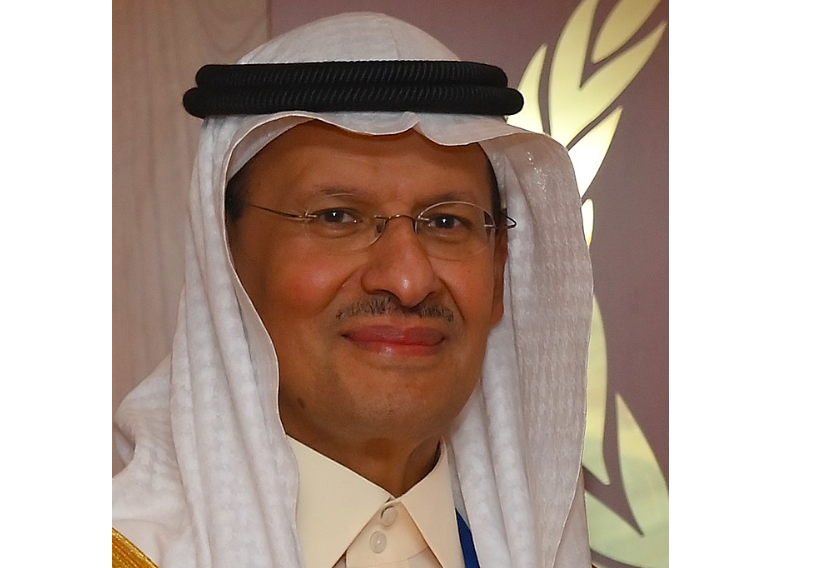But Saudi Arabia maintains fossil fuel use can continue in tandem with other energy sources alongside measures to capture harmful greenhouse emissions
Saudi Arabia is taking climate change issues seriously and has shifted its focus to all kinds of energy, not just oil, Energy Minister Prince Abdulaziz Bin Salman told an industry event on Wednesday (January 10).
Saudi Arabia, the world’s largest oil exporter, supported a deal at the UN climate summit in December to transition the global economy to cleaner forms of energy.
But the Saudi-led oil producer group the Organization of the Petroleum Exporting Countries (OPEC) had opposed a group of some 100 countries that lobbied for stronger language to “phase out” oil, gas and coal use in the final agreement.
Saudi Arabia says fossil fuel use can continue in tandem with measures to capture its emissions.
“People are still interested in continuing to produce fossil fuels. However, like us, and we should be calling on everybody to do this, we have to work on mitigating these fossil fuels,” Prince Abdulaziz told a mining conference in Riyadh.
“We as a country, we are no longer called a leading oil-producing country … we would like to be called an energy producing country, all kinds of energy,” he said.
Citing the kingdom’s transition plan that includes renewables, green hydrogen production and carbon capture technologies, Prince Abdulaziz said it aims to be a leading provider of all kinds of energy globally.
“You want green hydrogen you can have it, you want clean hydrogen, you can have it, you want clean electricity, you can have it,” he said.
“Tell us when you want that and where because we are now exploiting and surveying every corner of this country to ensure that anybody who wants to have any kind of electricity or hydrogen it can be delivered almost to his home address.”
Members of the Organization of the Petroleum Exporting Countries (OPEC) control nearly 80% of the world’s proven oil reserves, along with about a third of global oil output, and their governments rely heavily on those revenues.





